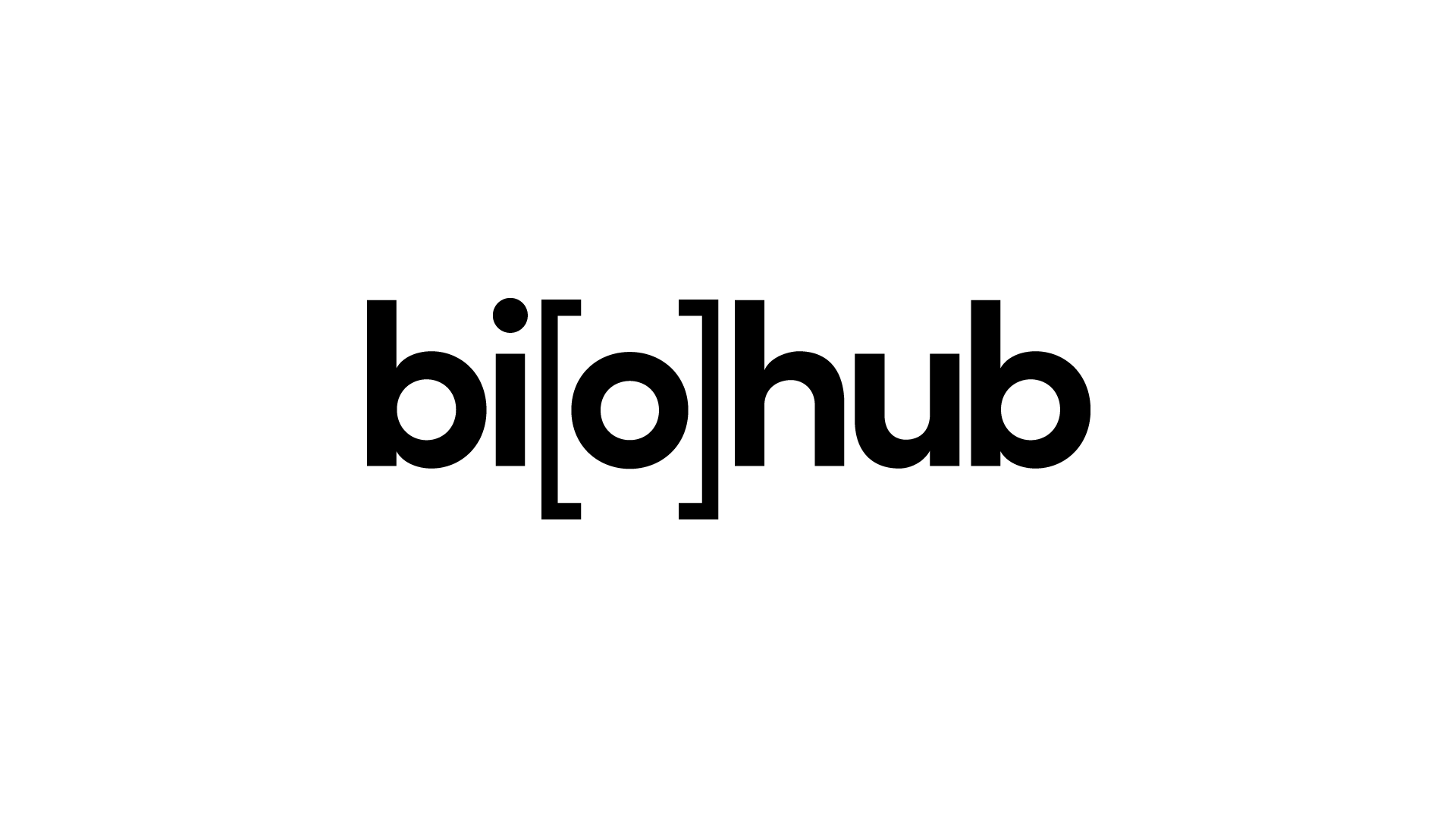METHODS, COMPOSITIONS AND SYSTEMS FOR PROFILING OR PREDICTING IMMUNE RESPONSE
Researchers at Avail Bio, Inc., UCSF and the Chan Zuckerberg Biohub have developed a proteomic technology for capturing the immune response against non-wild type antigens.
Immuno-oncologic research demonstrating tumor recognition by the immune system has led to the development of immune checkpoint inhibitors, in which the immune system is stimulated to aggressively target and destroy cancel cells. While ICIs are current standard of care in immuno-oncology, inhibition of immune checkpoints may inadvertently permit autoimmune reactivity, which may be life-threatening or fatal. While certain biomarkers of ICI treatment efficacy have been developed, currently no clinical biomarker exists for predicting ICI toxicities.
Stage of Research
The inventors have developed a proteomic technology to capture and characterize an antibody repertoire that may arise against putative non-wild type antigen and influence outcomes for cancer immunotherapy patients. The inventors use bioinformatics methods to generate a peptide display library of uniquely barcoded non-wild type antigenic sequences. This peptide display library is then used in their immunoassay protocol to immunoprecipitate any bound antibodies from a patient sample, which are subsequently identified by NGS methods. The capture and characterization of neoantigen-targeting antibodies, or Neo-tAbs, can be used to generate and train models for predicting clinical and therapeutic outcomes. Further, Neo-tAbs can be evaluated and developed for direct therapeutic applications.
Applications
- Design and implementation of libraries expressing non-wild type antigenic targets in disease
- Detection of an antibody immune response repertoire against a non-wild type antigenic target
- Therapeutic target discovery and asset development
Advantages
- Phage immunoprecipitation sequencing (PhIP-Seq) of Neo-tAbs repertoire can be clinically useful to indicate diagnosis, predicted response to therapeutics, progression or regression of disease, adverse immune-related responses, or autoimmune toxicity.
- Peptide display libraries can also include wild-type autoantigens, in addition to neoantigenic targets, to quantify risk of ICI treatment toxicity
Stage of Development
Research – in vitro
Publications
WO2021/046466
Keywords
Antibody, Cancer, Immunotherapy, Oncology, Particle display
Reference
CZB-181F, UCSF SF2021-032

